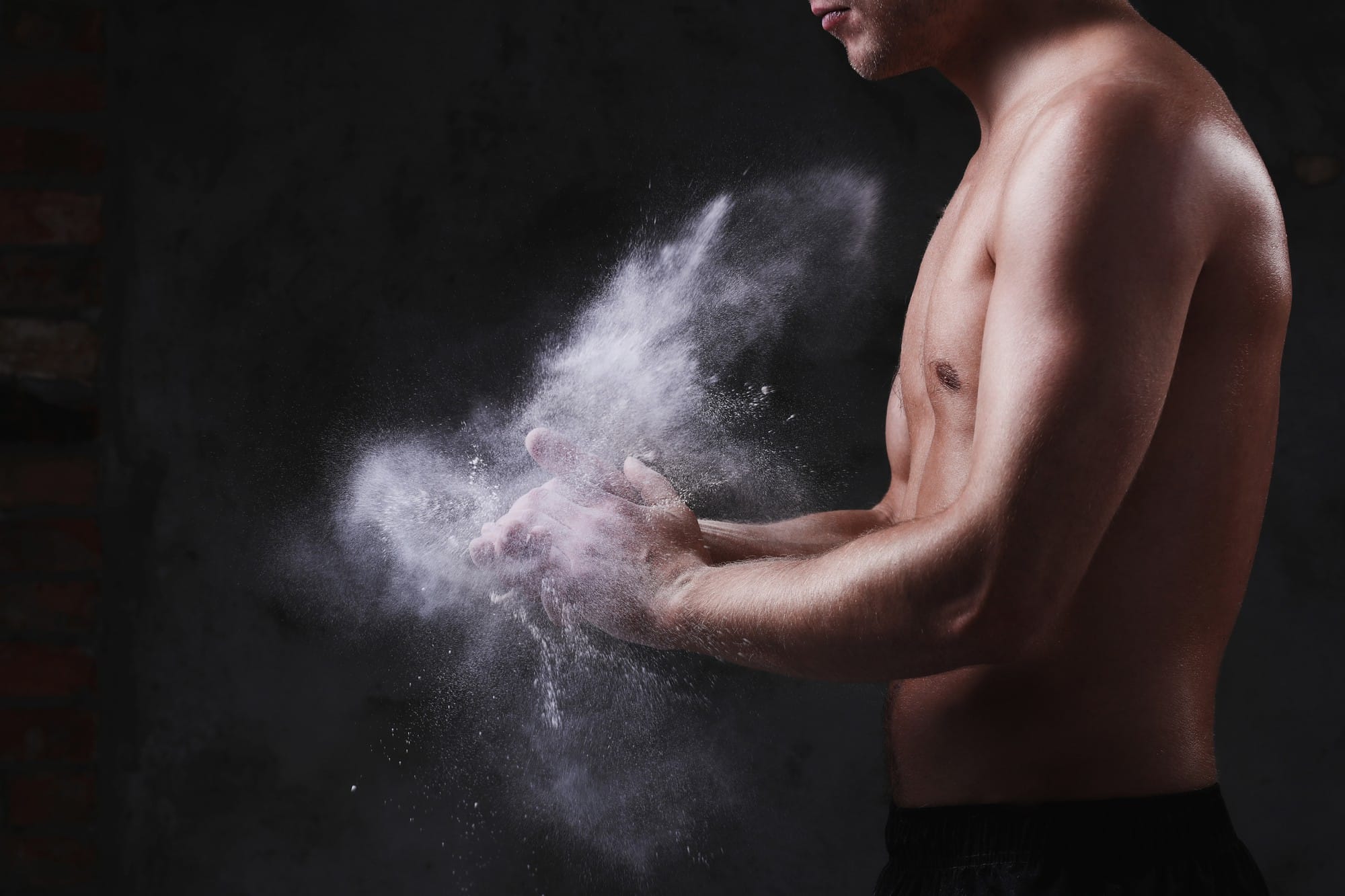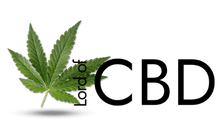
How does cannabis use influence muscle growth?
Testosterone and growth hormones
The question of whether cannabis impacts muscle growth remains complex, as studies on the subject are limited and often offer conflicting results. For example, a 2017 study found that cannabis use could reduce testosterone production, while another study from Denmark came to the opposite conclusion. These differences could be linked to various factors, including the tolerance developed by regular users.
Some research shows that THC, the main psychoactive component of cannabis, does not have significant effects on the hormonal system , especially when it comes to testosterone and growth hormone. However, the link between cannabis consumption and testosterone production remains unclear, and current results do not allow establishing a direct and definitive correlation between the two.
Impact on weight and appetite
Cannabis is often associated with an increase in appetite, a phenomenon commonly referred to as food cravings . This can prove beneficial for those looking to gain weight and increase their calorie intake, which is essential for muscle growth. For many lean people who want to build muscle mass, increasing appetite is a huge plus, as consuming more calories is a key step in stimulating muscle growth.
The impact of cannabis on appetite is particularly interesting because it goes beyond simply eating more. After consumption, many users report an improvement in the perception of the taste of food. This means they can enjoy healthy , nutritious foods more rather than giving in to cravings for sugary or high-fat snacks. By choosing healthy foods high in protein and complex carbohydrates, people interested in building muscle mass can use this effect of cannabis to their advantage to support their diet.
Productivity and sports performance
The question of productivity and performance under the influence of cannabis is interesting, particularly in the field of sport. Celebrities like Arnold Schwarzenegger have admitted to using cannabis, while high-profile athletes like former NFL player Shaun Smith have reported using it to deal with the stress of games. Indeed, many athletes find cannabis to help relieve pain and improve their resistance during intensive training.
The effects of THC, consumed in moderate doses, can help reduce pain and increase concentration and creativity. In individual sports or artistic disciplines, this could even represent an advantage, notably by reducing stress and allowing increased concentration. However, in higher doses – above 100 mg – cannabis can cause disorientation and lack of coordination. In sports requiring precise technical skills, rapid actions, or teamwork, this effect could harm performance.
Long-term effects on muscle health and endocrine systems
The long-term effects of regular cannabis use on the endocrine system and muscle health remain unclear. Some studies show that THC may influence lipid metabolism and, in some cases, alter body composition. In contrast, other research has found no substantial evidence that cannabis has a direct negative impact on muscle synthesis .
One of the most problematic aspects for cannabis users remains tolerance. Regular users may indeed develop a tolerance to the effects of THC, which could minimize some of the benefits they seek, such as increased appetite or reduced pain.
Comparison with alcohol and its effects on muscle growth
Alcohol is a substance well known for its detrimental effects on muscle growth and recovery. Alcohol consumption can disrupt muscle protein synthesis and impair recovery, two key factors for those looking to build muscle mass. Unlike alcohol, cannabis does not appear to have such detrimental direct effects on muscle health . On the contrary, due to its ability to stimulate appetite and reduce inflammation, it might even be a more favorable alternative for those who habitually consume alcohol to relax.
Studies show that alcohol reduces testosterone production and impairs performance the day after consumption. People concerned about their muscle growth could therefore benefit from the use of cannabis as a less harmful alternative to alcoholic beverages. However, it is essential to use cannabis in a moderate and controlled manner to avoid adverse effects associated with high doses.
Potential Benefits of CBD for Muscle Recovery
CBD (cannabidiol), another cannabis compound, is widely recognized for its therapeutic benefits, including as a natural anti-inflammatory agent . Many athletes incorporate CBD into their routine to speed muscle recovery and alleviate post-workout soreness. Unlike THC, CBD has no psychoactive effects, making it a great option for those looking for the benefits of cannabis without the side effects.
CBD can help reduce inflammation and promote better muscle recovery after intense training, which is essential for those following strength training . The addition of CBD could therefore be particularly beneficial for improving the quality of recovery, without disrupting sleep or concentration.
Conclusion
There is currently insufficient evidence to support whether cannabis directly stimulates or hinders muscle growth. However, its effects on appetite and pain relief may make it a potential ally for athletes and bodybuilding enthusiasts . Due to its effects on increasing appetite and its potential to reduce pain, cannabis stands out from alcohol as an alternative relaxation option for athletes. However, it is essential to adopt a balanced approach and avoid excesses to enjoy its benefits without compromising long-term health.











